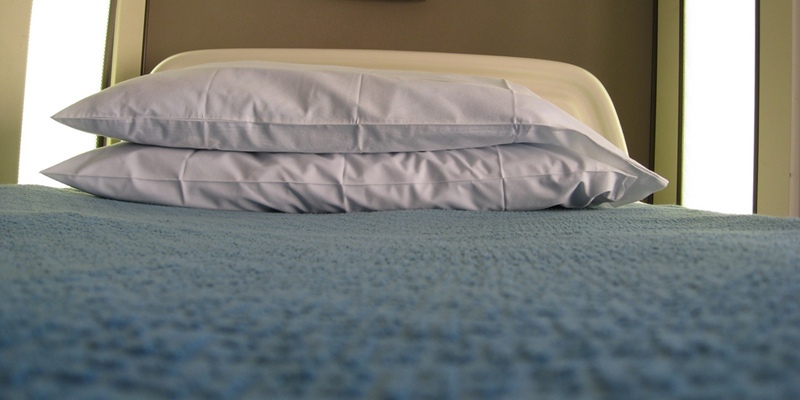Over 90 Fife patients passed fit to leave hospital died before they were able to do so last year, shocking new figures have revealed.
A freedom of information request by the Labour Party showed that 93 patients died while waiting to be discharged from hospital.
The issues of delayed discharges and bed blocking have been an ongoing problem in Fife and the focus of various articles by The Courier in recent months, mostly relating to a long-running funding dispute between NHS Fife and Fife Council.
The two bodies recently put on a united front when they each contributed £250,000 towards easing delayed discharges; however the move was described as “too little, too late” by independent Fife councillor and strident health campaigner Andrew Rodger.
The most recently published figures for October suggested there were 103 delayed discharges in the system and 26 people waiting more than six weeks.
Last month, NHS Fife’s operational division committee chairman Dave Stewart revealed staff members were struggling to cope, resulting in operations being cancelled and infection control procedures being compromised due to a lack of care packages for those leaving hospital.
Scottish Labour health spokesman Dr Richard Simpson said, “It is scandalous that 93 people who had been passed fit for discharge died before they were able to leave hospital. NHS Fife and Fife Council need to explain what has happened.
“When patients are kept in hospital after they are ready to leave they are exposed to the risk of infection, but I would never have imagined that so many people would pass away while waiting for an appropriate care package.
“The key to ending delayed discharges is better joint working between services which, at the moment, have different priorities and are allowing elderly patients to fall between the cracks.”Explanation soughtScottish Labour has called on NHS Fife and Fife Council to explain why so many patients died while waiting to be discharged from hospital.
Fife Labour Party leader Alex Rowley, who is also the party’s Holyrood candidate for Dunfermline, said, “NHS Fife and Fife Council need to explain what has happened to these patients and what they are going to do to tackle the problem of delayed discharges.”
Responding to the statistics, a spokesman from NHS Fife said, “Fife Council and NHS Fife are committed to ensuring that no one stays in hospital for longer than is clinically necessary. It is regretted that individuals have died while their individual long-term care plans were still being finalised.
“The figures reported … relate to the period up to the October census and reflect the increasing age and frailty of those people with whom NHS Fife and Fife Council staff are working to find solutions that allow them to leave hospital,” the spokesman added.
“The agreement by Fife Council and NHS Fife for a combined, short-term, one-off spend up until April 2011, totalling £500,000, is focused on addressing the current delayed discharge situation. This is for those who have waited over six weeks and for individuals awaiting discharge to their own home.
“Councillor Peter Grant, leader of Fife Council, and Professor Jim McGoldrick, chairman of NHS Fife, are meeting weekly to receive up-to-date reports detailing the robust strategic and operational activity being taken to bring numbers down.
“At the first of the weekly meetings it was confirmed that funding issues had been resolved for those over six weeks and that numbers waiting for nursing and residential homes will go down as a result. Numbers waiting for home care was also seen to be reducing.”
Photo used under Creative Commons licence courtesy of Flickr user dreamingofariz.
